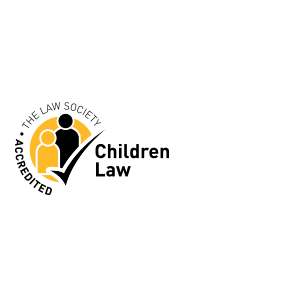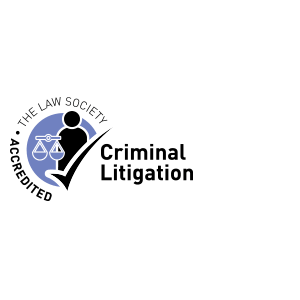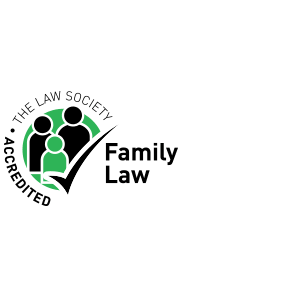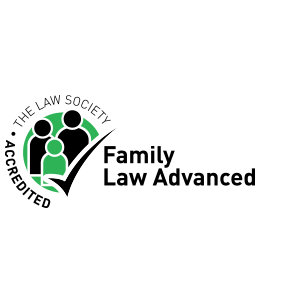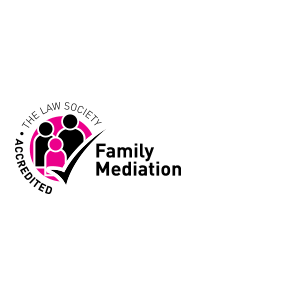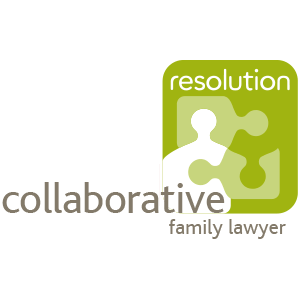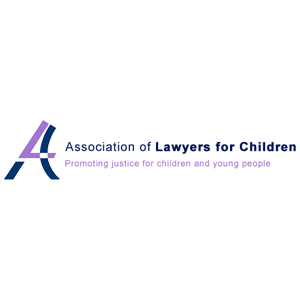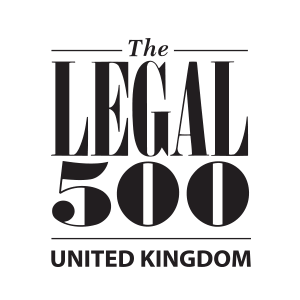- Hounslow 020 8814 7599
- Slough 01753 303 631
- Twickenham 020 8814 9989
Forced Marriages
The Forced Marriage (Civil Protection) Act 2007. The purpose of the Act is to provide protections to the victims of forced marriages and confer power on the Courts to make Forced Marriage protection Orders. The legislation provides;
- The court may make an order for the purposes of protecting—
- a person from being forced into a marriage or from any attempt to be forced into a marriage; or
- a person who has been forced into a marriage.
- In deciding whether to exercise its powers under this section and, if so, in what manner, the court must have regard to all the circumstances including the need to secure the health, safety and well-being of the person to be protected.
- In ascertaining that person's well-being, the court must, in particular, have such regard to the person's wishes and feelings (so far as they are reasonably ascertainable) as the court considers appropriate in the light of the person's age and understanding.
- For the purposes of this Part a person ( “A”) is forced into a marriage if another person ( “B”) forces A to enter into a marriage (whether with B or another person) without A's free and full consent.
- For the purposes of subsection (4) it does not matter whether the conduct of B which forces A to enter into a marriage is directed against A, B or another person.
- In this Part—
- “force” includes coerce by threats or other psychological means (and related expressions are to be read accordingly); and
- “forced marriage protection order” means an order under this section.
An Order under this Act can contain such prohibitions, restrictions, requirements or such other terms the Court thinks fit so as to afford the victim adequate protection. Forced marriage protection order can be wide enough to control;
- Conduct outside England and Wales as well as (or instead of) conduct within England and Wales;
- Respondents who are, or may become, involved in other respects as well as (or instead of) respondents who force or attempt to force, or may force or attempt to force, a person to enter into a marriage;
- Other persons who are, or may become, involved in other respects as well as respondents of any kind.
- Examples of involvement in other respects are—
- Aiding, abetting, counselling, procuring, encouraging or assisting another person to force, or to attempt to force, a person to enter into a marriage; or
- Conspiring to force, or to attempt to force, a person to enter into a marriage.
An application to the Court can be made by the person or victim him or herself or by a relevant third party, which may include a parent or a relative or alternatively by any party with the leave of the Court.
Get in touch with our family law solicitors in London
At Lovell Chohan Solicitors we have a team of experienced family law solicitors (many of whom speak and understand different languages) who can advise and assist you in obtaining a Forced Marriage Protection Order. We also have Family Law, Family Law Advanced and specialist Resolution solicitors who can advise and assist you in all aspects of foreign nationality and international divorce proceedings. Visit our family law solicitors at our offices in Hounslow, Slough & Twickenham

